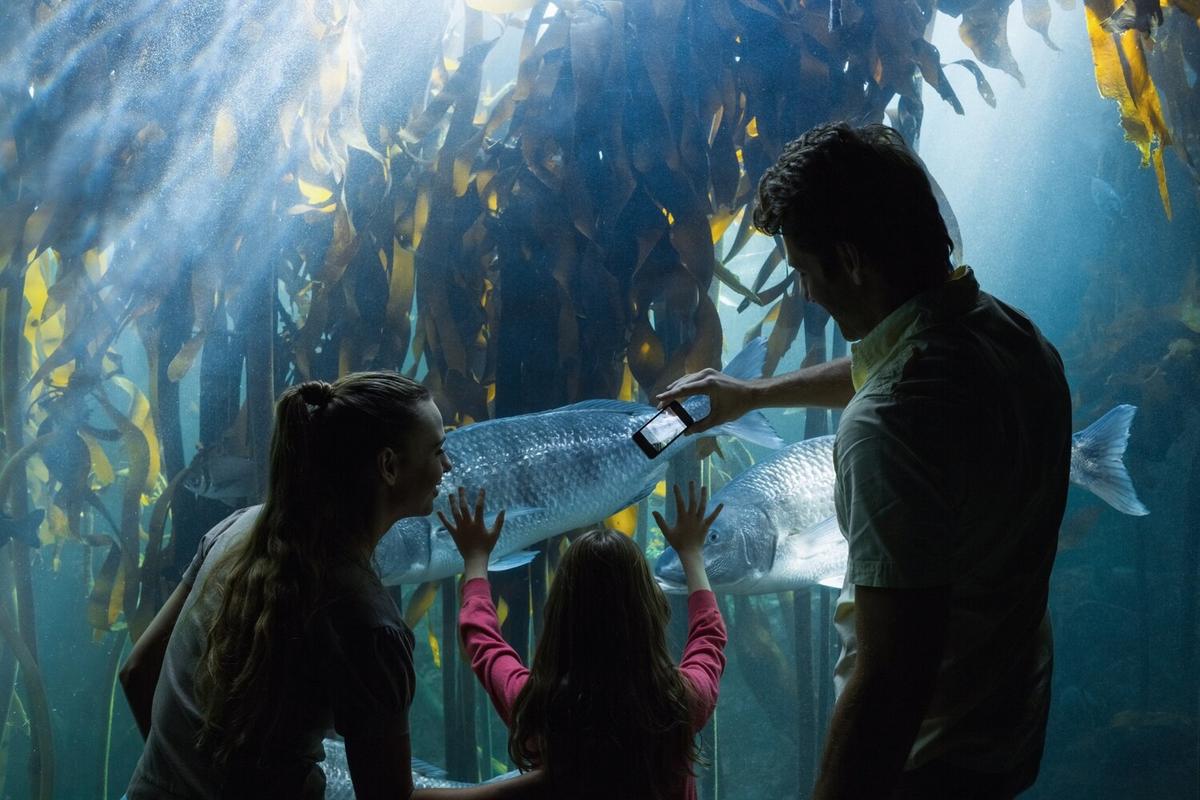The Importance of Marine Protected Areas for Ocean Health
Marine Protected Areas (MPAs) are crucial for preserving the health of our oceans, safeguarding biodiversity, and supporting the livelihoods of communities that depend on marine resources. These designated regions of the ocean are managed with the aim of conserving marine life and habitats, offering a sanctuary from human activities that can be detrimental.

Marine Protected Areas (MPAs) are crucial for preserving the health of our oceans, safeguarding biodiversity, and supporting the livelihoods of communities that depend on marine resources. These designated regions of the ocean are managed with the aim of conserving marine life and habitats, offering a sanctuary from human activities that can be detrimental.
MPAs can vary significantly in size and the level of protection they offer. Some are fully protected reserves where all extractive activities are prohibited, while others allow sustainable use of resources. According to the International Union for Conservation of Nature (IUCN), the world’s oceans cover about 71% of the Earth’s surface, yet only about 7.5% is protected by MPAs.
The Role of MPAs in Ocean Health
Experts highlight the critical role MPAs play in maintaining ocean health. Dr. Sylvia Earle, a renowned marine biologist, states that ‘MPAs are like hope spots—areas where marine life can thrive.’ These areas help replenish fish stocks, protect ecosystems, and enhance resilience against climate change.
Statistics and Research Insights
A study published in the journal Nature found that effective MPAs can lead to a 600% increase in biomass of marine life within their boundaries. This finding underscores the potential of MPAs to restore depleted marine populations and habitats.
Real-Life Examples
Consider the Great Barrier Reef Marine Park in Australia, one of the most well-known MPAs, which has helped protect countless species and fostered tourism that supports local economies. Similar success stories can be found in smaller community-led MPAs in places like Madagascar, where local stewardship has proven effective.
Actionable Tips for Supporting MPAs
- Stay Informed: Learn about MPAs in your area and their rules.
- Support Legislation: Advocate for stronger protections and expansions of MPAs.
- Volunteer: Participate in local conservation efforts or citizen science projects.
- Educate Others: Share information about the importance of MPAs with your network.
Engage with local and global organizations that support marine conservation. Your involvement can make a significant difference.
FAQs
Frequently Asked Questions
What are Marine Protected Areas?
Marine Protected Areas are sections of the ocean where human activities are regulated to protect natural or cultural resources.
How do MPAs benefit local communities?
MPAs can enhance fish stocks, boost tourism, and provide educational opportunities, benefiting local economies and livelihoods.
Are all MPAs the same?
No, MPAs vary in size, purpose, and the level of protection they offer.
Conclusion
In summary, Marine Protected Areas are vital for the health of our oceans and the well-being of communities worldwide. By supporting and expanding these areas, we can ensure a sustainable future for the diverse life that thrives beneath the waves. Take action today by learning, advocating, and participating in conservation efforts to protect our marine treasures.



